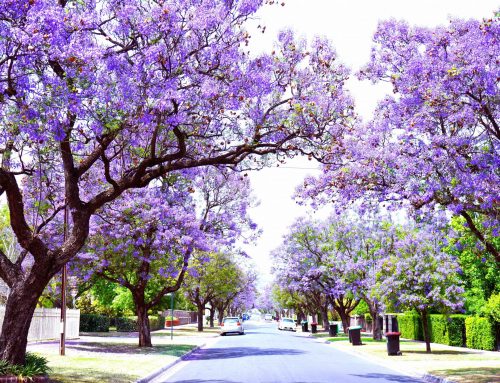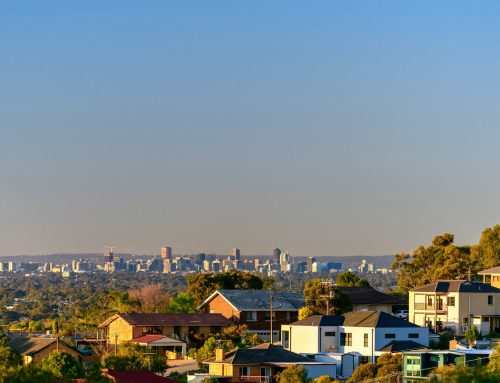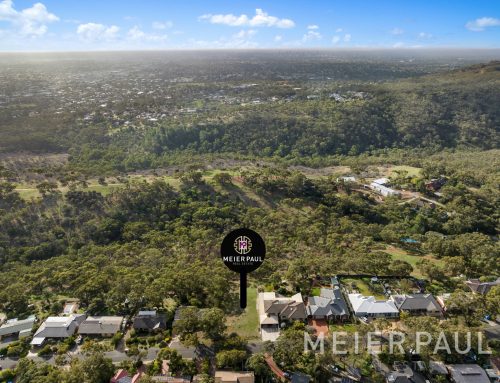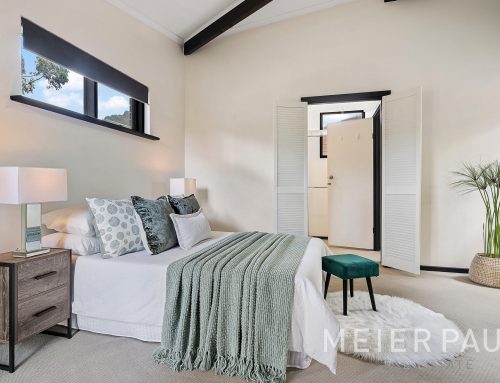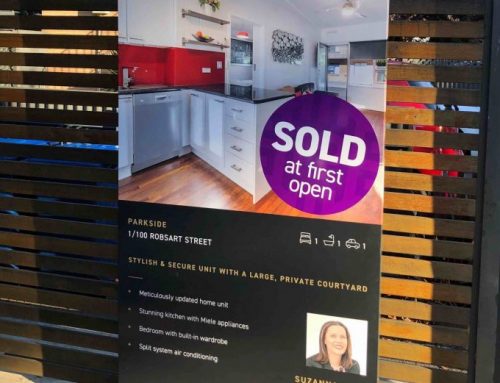How will covid-19 impact the property market?
Part 1
This is a million dollar question, but also one of the most common questions our team has been getting since the coronavirus (COVID-19) outbreak: how will coronavirus affect house prices? There has been a lot of predictions and mostly negative. Is the situation as bad as it is reported in the news?
Both buyers and sellers are wondering if they should wait and see before they take any action. The buyers want to know if the prices will be even lower and sellers want to wait to achieve higher prices.
In March 2020, open inspections and auctions were restricted in Australia and that has had a negative impact on the demand and attendance. Up until early February, predictions of the Australian property market indicated that it was developing quite a momentum, with the interest rate cuts we had last year and the easing of credit conditions. If we could imagine life without Covid-19, the confidence was building up and the landscape was quite positive for the property market.
Covid-19 has changed the story for 2020.
The Reserve Bank Australia (RBA) cut the interest rates soon after the covid-19 outbreak & has maintained the low interest rate. On its own, that’s positive for the housing market and under normal circumstances, that would mean prices stabilise or go up. Buyers would have more borrowing capacity and can spend more which can lead to higher prices and more competition. Renters would look to buy as it would be cheaper to buy then rent.
According to Corelogic the number of transactions dropped approximately 40% in April while prices held firm. The easing of restrictions on auctions and open homes comes as the ABS report estimates 12,419,000 were employed in April and participation in workforce has fallen by 63.5% with 594,000 less people in jobs.
A recent modelling by Deloitte Access Economics has predicted a $60 billion loss to the economy from the start of April to end of July 2020.
Although, the Federal Government has released the job keeper and job seeker stimulus package and there have been some state financial stimulus, these are for a limited time and will cease after September 2020.
How is the landscape going to change?
2020 will, in many ways, be a hard year for the economy. Talk of a recession is growing and some big and small companies may lay off a lot of people after the job keeper allowances cease. A lot of small businesses are facing the prospect of low to no revenue. They may have no choice.
The financial capacity of small and medium sized business will be harshly affected. The stimulus package is well targeted but there’s no stimulus package in the world that could stop some of these effects happening.
The RBA has talked about a rebound in the second half of this year but it is unlikely to recover that quickly. With the lifting of current restrictions in Australia and a positive outlook in South Australia, a rebound is now more likely to happen towards the end of 2020.
People will recover. People will go back to restaurants. People will travel and will go to sports & cinemas, however there will be some business casualties along the way. Businesses with low cash reserves or revenue before covid-19 will most likely fold or suffer significantly. This will be same for people with high mortgages and expenses.
What can you do to help?
Just like we are encouraged to visit regional areas, travel within Australia, support Australian made brands, lets support small businesses, local small cafes, hairdressers, local designers, boutiques, local travel agents & local real estate agents.
In the next blog we will cover what property buyers or sellers should do now? Watch the space…



